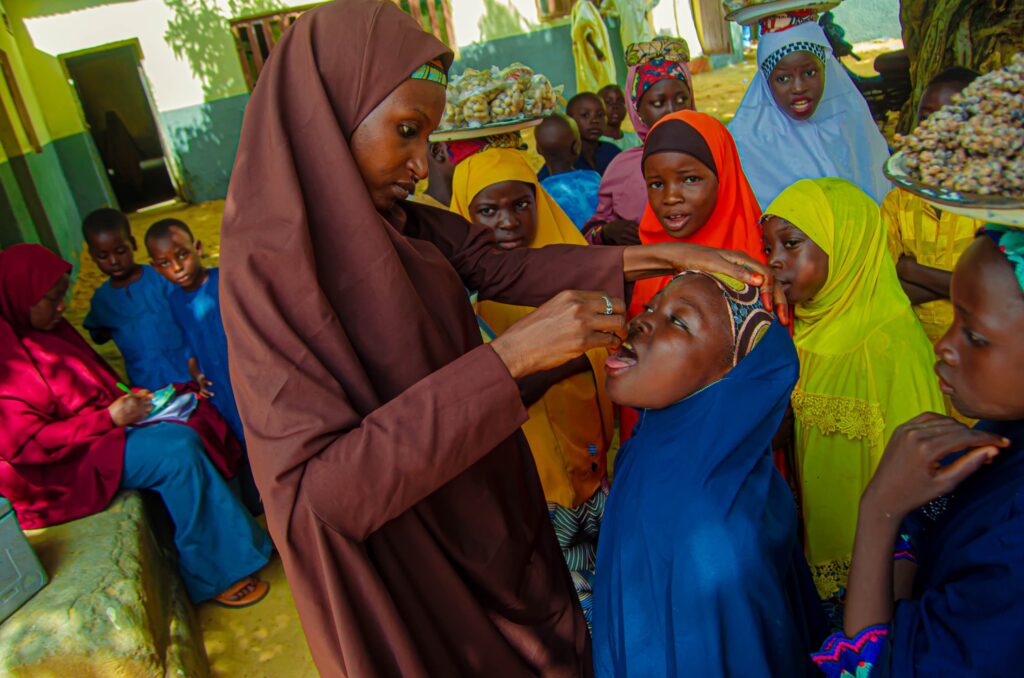The Zamfara State Government has launched an oral cholera vaccination campaign in six Local Government Areas (LGAs) that were most affected by the recent outbreak.
The exercise, which is in collaboration with the federal government, was officially flagged off by the State Commissioner for Health, Dr. Nafisa Muhammad Maradun, through the National Primary Health Care Development Agency (NPHCDA), the World Health Organisation (WHO), UNICEF and other partners.
According to Dr. Maradun, the campaign targets 878,162 people in Gusau, Bungudu, Zurmi, Anka, Talata Mafara, and Shinkafi LGAs, with 1,147,671 doses of oral cholera vaccine provided by NPHCDA.
She explained that the vaccination drive is part of a broader response plan that includes the activation of the State Infectious Disease Hospital in Damba, provision of essential drugs to all LGAs, and enhanced disease surveillance.
Dr. Maradun further opined that the state is also adopting a multisectoral approach through RUWATSAN, focusing on Water, Sanitation, and Hygiene (WASH) interventions to complement medical efforts.
“This vaccination campaign is not just about protecting our people today — it is about securing the health of our future generations. I therefore call on all parents, caregivers, traditional and religious leaders to ensure that every eligible person is vaccinated so that together, we can achieve a cholera-free Zamfara State,” the Commissioner has stressed.
In a goodwill message, the WHO State Coordinator, Dr. Raji Mukhtar, commended Zamfara for its timely intervention, noting that the state has reported suspected cholera cases across all 14 LGAs with laboratory confirmation in 7 LGAs, with 85 per cent of the burden concentrated in six LGAs.
He praised the government’s efforts in active case search, risk communication, and provision of WASH facilities in high-risk areas, while urging communities to continue on preventive practices such as regular handwashing, safe food handling, proper waste disposal, and treating drinking water.
Dr. Mukhtar also acknowledged the contributions of development partners, including WHO, UNICEF, MSF, IRC, Solidarity International, Red Cross, local CBOs, and the private sector, while reaffirming WHO’s commitment to supporting the state in combating cholera and other public health challenges.
The campaign will cover 20 high-risk wards and targets individuals aged 1 to 45 years, with the aim of breaking transmission and bringing the outbreak under control.















